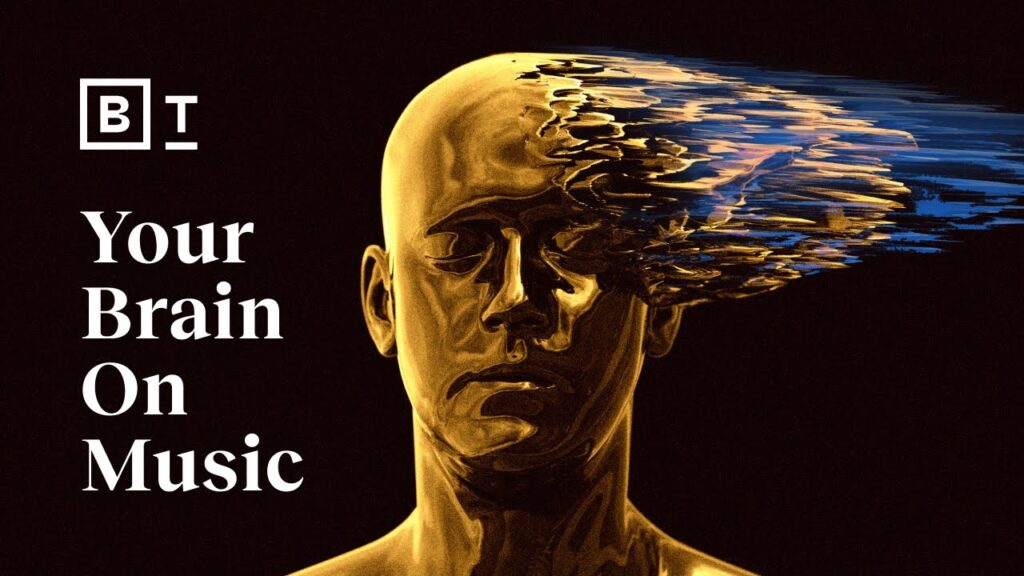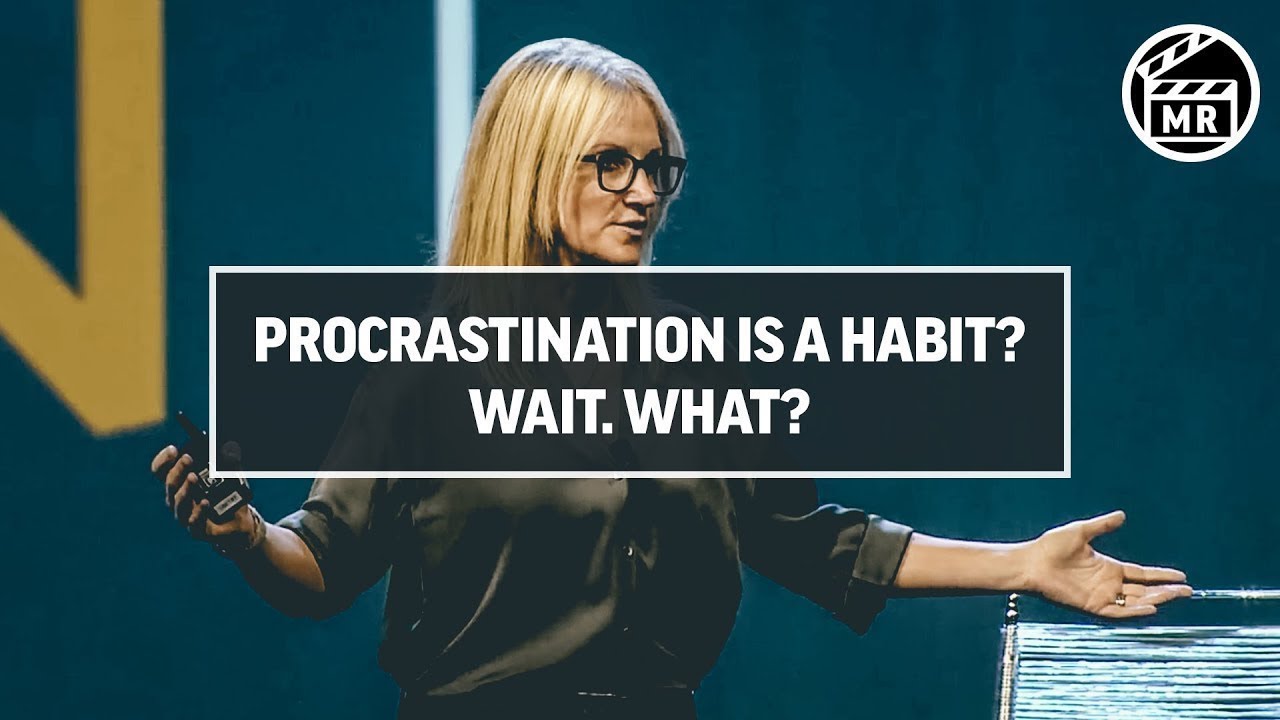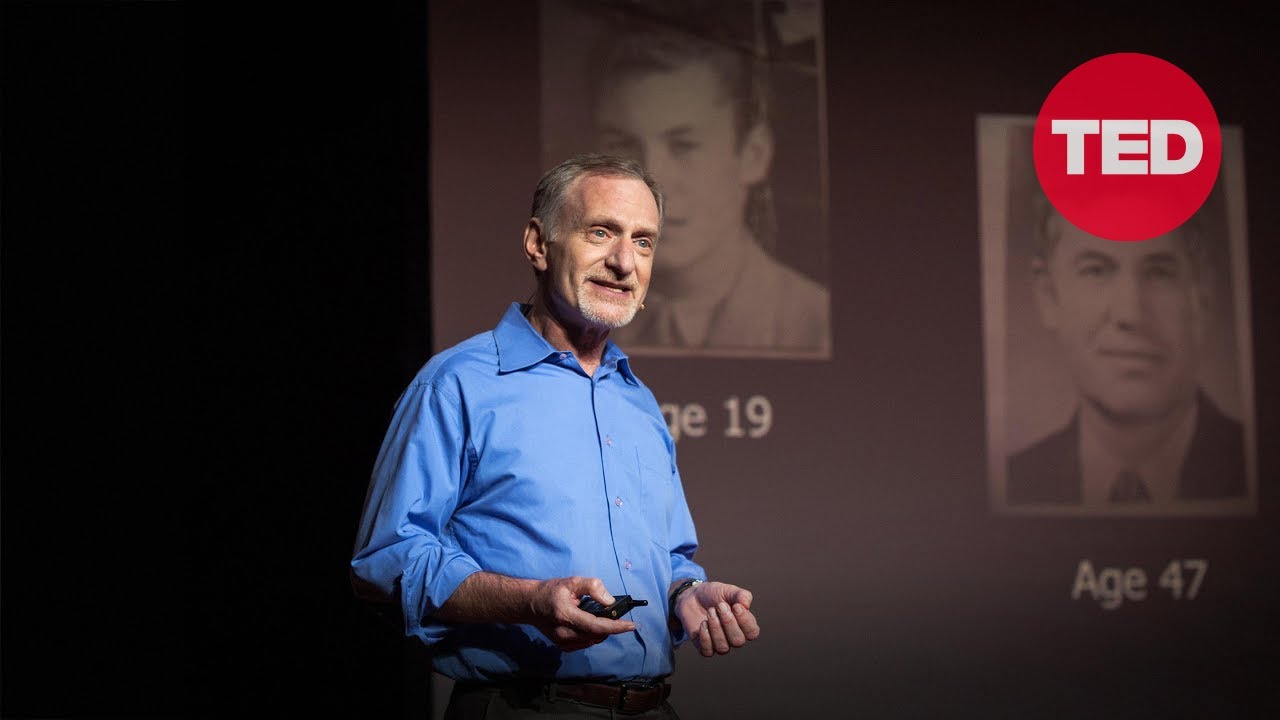Music is a universal language that has been part of human culture for thousands of years. But where did it all begin? From the earliest hominins like Australopithecine Ardi to the complex neural connections in the modern human brain, the evolution of music is a fascinating journey.
In this article, we’ll explore how music evolved, its role in human development, and the science behind its impact on the brain. Whether you’re a music lover or a curious learner, this deep dive into the evolution of music will leave you inspired.
The Origins of Music: A Journey Through Time
Music has been a part of human life for as long as we can trace our history. But its origins are shrouded in mystery. Here’s a timeline of how music evolved:
- Australopithecine Ardi (4.4 Million Years Ago): While Ardi and her kin didn’t create music as we know it, their ability to communicate through vocalizations laid the groundwork for rhythmic sounds.
- Early Humans (2 Million Years Ago): The development of tools and social structures likely led to the creation of rhythmic patterns and simple melodies.
- Neanderthals (400,000 Years Ago): Evidence suggests that Neanderthals used music for communication and bonding, possibly through drumming and chanting.
- Modern Humans (50,000 Years Ago): The emergence of complex language and culture gave rise to more sophisticated musical instruments and compositions.
The Role of Music in Human Evolution
Music has played a crucial role in human development. Here’s how:
- Social Bonding: Music brought early humans together, fostering cooperation and community.
- Communication: Before language, rhythmic sounds and melodies were used to convey emotions and information.
- Cognitive Development: Music stimulated brain development, enhancing memory, creativity, and problem-solving skills.
- Emotional Expression: Music allowed humans to express emotions and experiences in ways words could not.

The Science of Music and the Brain
Modern neuroscience has revealed fascinating insights into how music affects the brain. Here’s what we know:
- Neural Connections: Listening to and creating music activates multiple areas of the brain, including the auditory cortex, motor cortex, and limbic system.
- Dopamine Release: Music triggers the release of dopamine, a neurotransmitter associated with pleasure and reward.
- Memory and Learning: Music enhances memory retention and learning by engaging the hippocampus.
- Emotional Regulation: Music can reduce stress, anxiety, and depression by calming the amygdala and stimulating the prefrontal cortex.
The Evolution of Musical Instruments
From simple drums to complex symphonies, musical instruments have evolved alongside humans. Here’s a brief history:
- Early Instruments: Drums, flutes, and rattles made from natural materials like wood, bone, and stone.
- Ancient Civilizations: The development of stringed instruments like the lyre and harp in Mesopotamia and Egypt.
- Middle Ages: The rise of orchestral instruments like the violin, cello, and piano.
- Modern Era: The invention of electronic instruments and digital music production tools.
Music in Modern Society
Today, music is more accessible than ever, thanks to technology and globalization. Here’s how it continues to shape our lives:
- Cultural Identity: Music preserves and celebrates cultural heritage.
- Entertainment: From concerts to streaming platforms, music is a cornerstone of modern entertainment.
- Therapy: Music therapy is used to treat mental health conditions, improve cognitive function, and enhance quality of life.
- Education: Music education fosters creativity, discipline, and teamwork in students.
Final Thoughts: The Enduring Power of Music
The evolution of music is a testament to its enduring power and significance in human life. From the earliest vocalizations of Australopithecine Ardi to the complex neural connections in the modern brain, music has shaped our development, culture, and emotions. As we continue to explore the science and history of music, one thing is clear: music is not just an art form—it’s a fundamental part of what makes us human.
At Onescholar.org, we provide actionable career growth and skill development tips to help you succeed in today’s competitive world.
VIDEO CREDIT:






